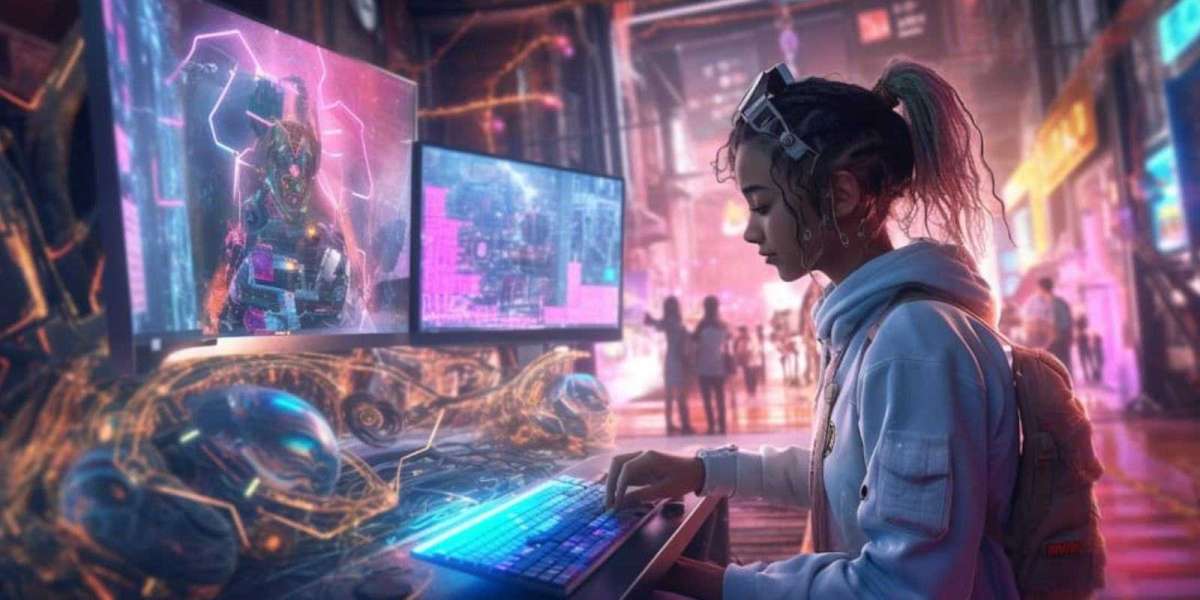Introduction
Dota 2 (Defense of the Ancients 2) has left a profound impact on the landscape of AI game development and has significantly influenced the gaming industry. This multiplayer online battle arena (MOBA) game developed by Valve Corporation has served as a remarkable playground for both AI researchers and game designers, demonstrating the capabilities of artificial intelligence in complex, strategic environments.
How It Impacted the Gaming Industry?
One of the most notable contributions of Dota 2 to AI game development is the emergence of OpenAI's "OpenAI Five" in 2018. OpenAI Five was an AI system specifically designed to play Dota 2 at an incredibly high level. It achieved this through a process of deep reinforcement learning, where it played an enormous number of matches against itself, gradually learning and improving its strategies and decision-making processes. The result was an AI that showcased advanced teamwork, intricate coordination, and strategic planning. OpenAI's work with Dota 2 demonstrated that AI systems could not only excel in mastering complex games but could also display human-like collaborative behaviors.
This development had a profound impact on the gaming industry, particularly in the following areas:
- AI Research and Development: Dota 2 provided a fertile ground for AI researchers to push the boundaries of AI capabilities. The game's complexity forced researchers to develop algorithms that could handle real-time decision-making, adapt to dynamic environments, and collaborate effectively with other agents. The lessons learned from training AI to play Dota 2 have contributed to advancements in reinforcement learning, multi-agent systems, and strategic planning algorithms.
- Enhanced Player Experience: AI has the potential to enhance the player experience in various ways. AI-driven bots can provide challenging single-player experiences by simulating human-like behavior and adjusting their strategies based on player actions. Furthermore, AI algorithms can be employed in matchmaking systems to ensure balanced and enjoyable multiplayer matches, creating a more satisfying experience for players.
- Esports and Spectator Engagement: Esports have witnessed a surge in popularity, and AI has played a role in enhancing the viewer experience. AI systems can analyze gameplay data to provide post-game insights, highlight crucial moments, and offer strategic analyses. Additionally, AI-powered commentators could offer real-time insights and predictions during live matches, making the viewing experience more immersive and informative.
- Influence on Game Design: The strategies and behaviors developed by AI Development in Dota 2 have raised questions about game design and balance. Game developers can draw inspiration from AI's ability to adapt and learn in response to changing conditions, leading to the creation of more engaging and challenging in-game opponents. This could potentially revolutionize the design of single-player campaigns and cooperative gameplay.
- Technological Advancements: The computational demands of training AI models to play Dota 2 have driven advancements in hardware capabilities and distributed computing. The necessity to process vast amounts of data quickly and efficiently has led to innovations in parallel computing and optimization techniques. These advances have implications beyond gaming and can contribute to broader AI and computing research.
Wrapping Thoughts
In conclusion, Dota 2's impact on AI game development has been profound. The game's complex nature has provided a valuable testing ground for AI research, resulting in the creation of AI systems like OpenAI Five that showcase advanced decision-making and coordination skills. This impact has extended to various facets of the gaming industry, from enhancing player experiences and esports engagement to influencing game design and pushing technological boundaries.
As AI technology continues to evolve, Dota 2 remains a shining example of how AI and gaming intersect to drive innovation and new possibilities.







